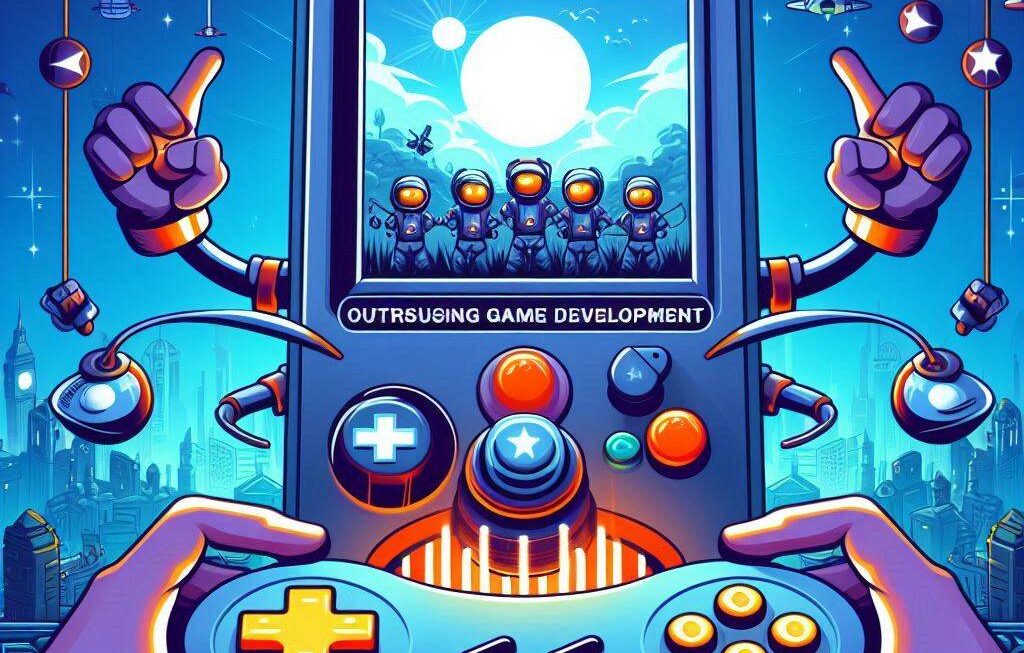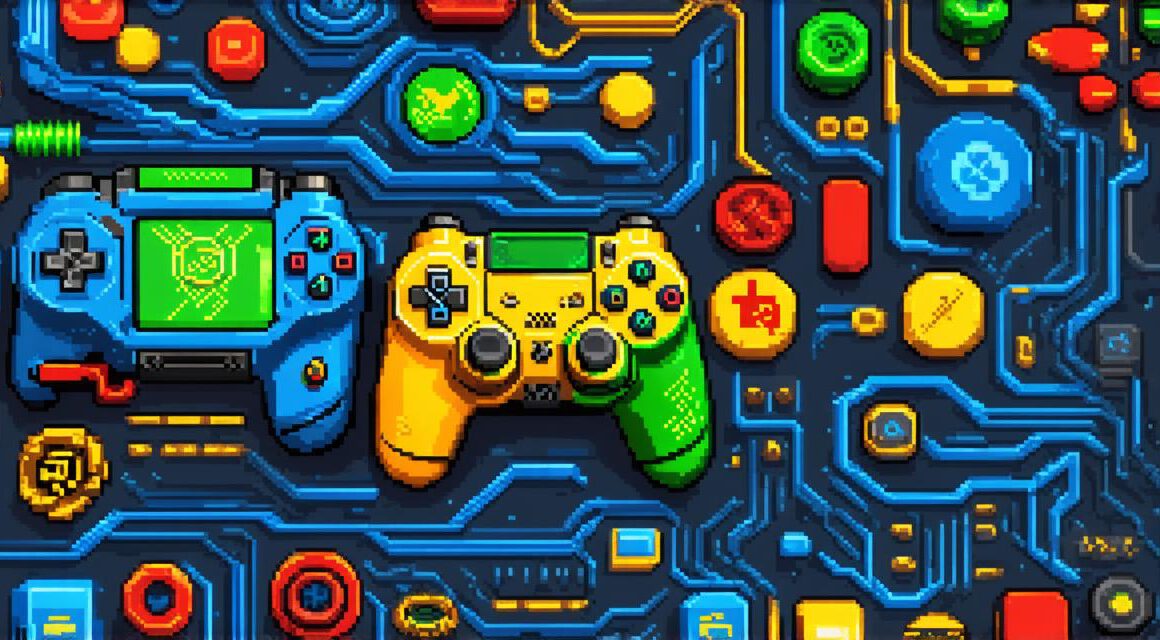In the ever-evolving landscape of technology, game development stands as a bastion of innovation and creativity. This article serves as a comprehensive roadmap for those aspiring to make their mark in this dynamic industry, delving deeper into its intricacies and offering valuable insights for those embarking on this exciting journey.
The Allure of Game Development

Game development offers an enticing fusion of art, technology, and storytelling. It’s a field that encourages experimentation, nurtures creativity, and rewards innovation. According to Newzoo, the global games market is projected to reach $196 billion by 2022, making it an industry brimming with opportunities.
The Pathway to Mastery
- Formal Education: A degree in computer science, game design, or a related field can provide a robust foundation. However, self-learning through online courses and tutorials is also a viable path, with platforms like Coursera, Udemy, and Unity Learn offering comprehensive resources for aspiring developers.
- Crafting a Portfolio: Demonstrate your skills by creating small games or modifying existing ones. This can be done using game engines such as Unity, Unreal Engine, or Godot. Your portfolio should showcase your abilities in areas like programming, art, design, and audio production.
- Building Connections: Attend game development events, join online communities like Reddit’s r/gamedev, and connect with professionals in the field through platforms like LinkedIn. Networking can open doors to job opportunities and provide valuable insights into the industry.
Overcoming Obstacles
- Internships: Gain real-world experience through internships at game studios or development companies. This not only enhances your skills but also increases your chances of being hired permanently.
- Freelancing: Freelance work allows you to build a portfolio, gain industry experience, and establish a professional network. Websites like Upwork, Fiverr, and Toptal can help you find freelance opportunities in game development.
Navigating the Job Market
- Job Boards: Websites like GameDevJobs, Gamasutra Jobs, and LinkedIn are invaluable resources for finding game development jobs. Set up job alerts to stay informed about new opportunities.
- Recruitment Agencies: These agencies can help you find job opportunities that align with your skills and interests. Some popular recruitment agencies in the gaming industry include A-Game Recruiting, Amiqus, and GameRecruiters.
Success Stories
“I started as a 3D artist in a small indie studio,” says John Doe, now a Lead Game Designer at a top gaming company. “The experience I gained there helped me land my dream job.” Another example is Jane Smith, who began her career as a game tester and worked her way up to become a game designer at a renowned gaming studio.
Frequently Asked Questions
What skills are essential for game development?
Programming, art, design, and audio production are key skills in game development. Additionally, understanding game theory, project management, and team collaboration are crucial for success in this field.
How can I stand out from other candidates?
Building a strong portfolio, networking, and gaining real-world experience can help you stand out. Showcasing your unique ideas, creativity, and problem-solving abilities will also make you an attractive candidate to potential employers.
In Summary
Breaking into the game development industry necessitates determination, skill, and a touch of serendipity. But with the right approach, you too can become part of the ranks of successful game developers. So, arm yourself, and let your creativity soar! The world of gaming awaits you.



